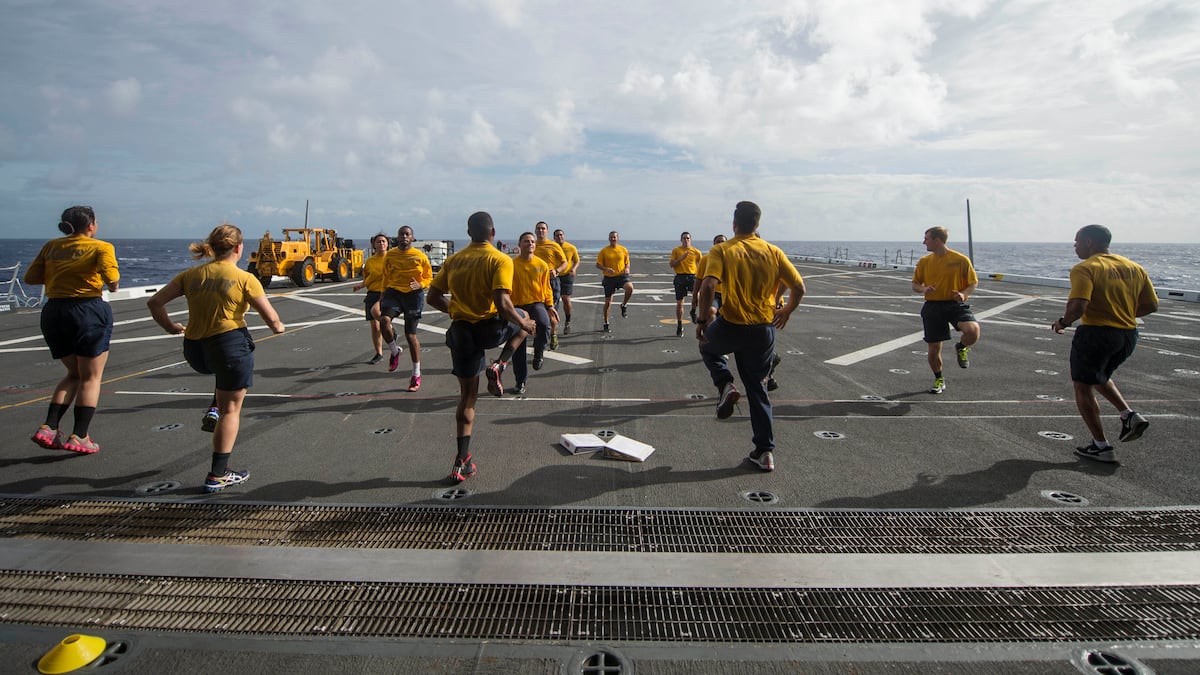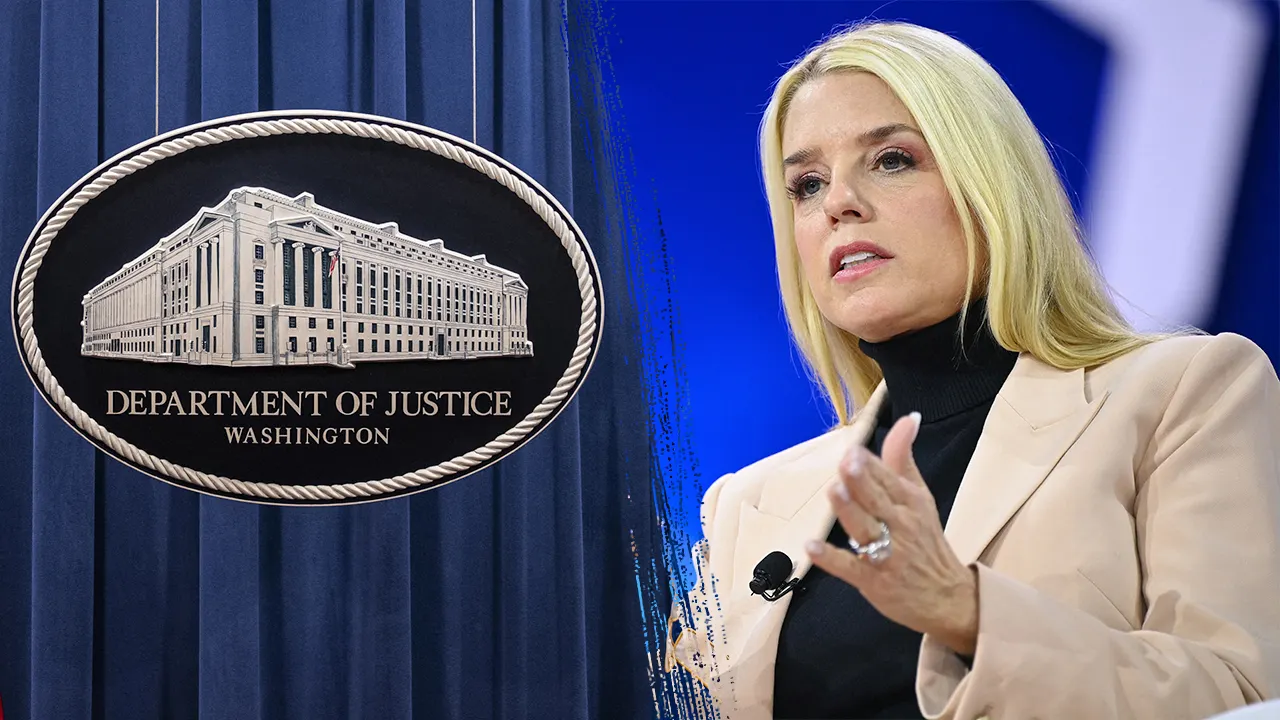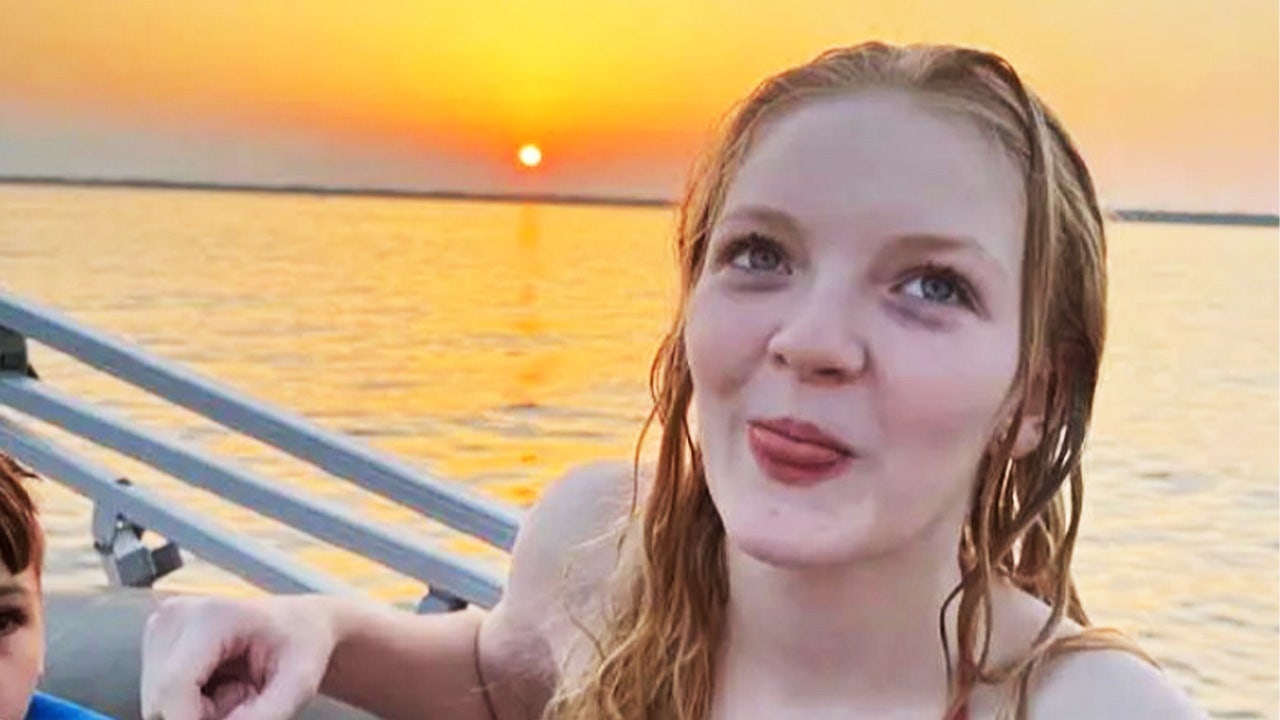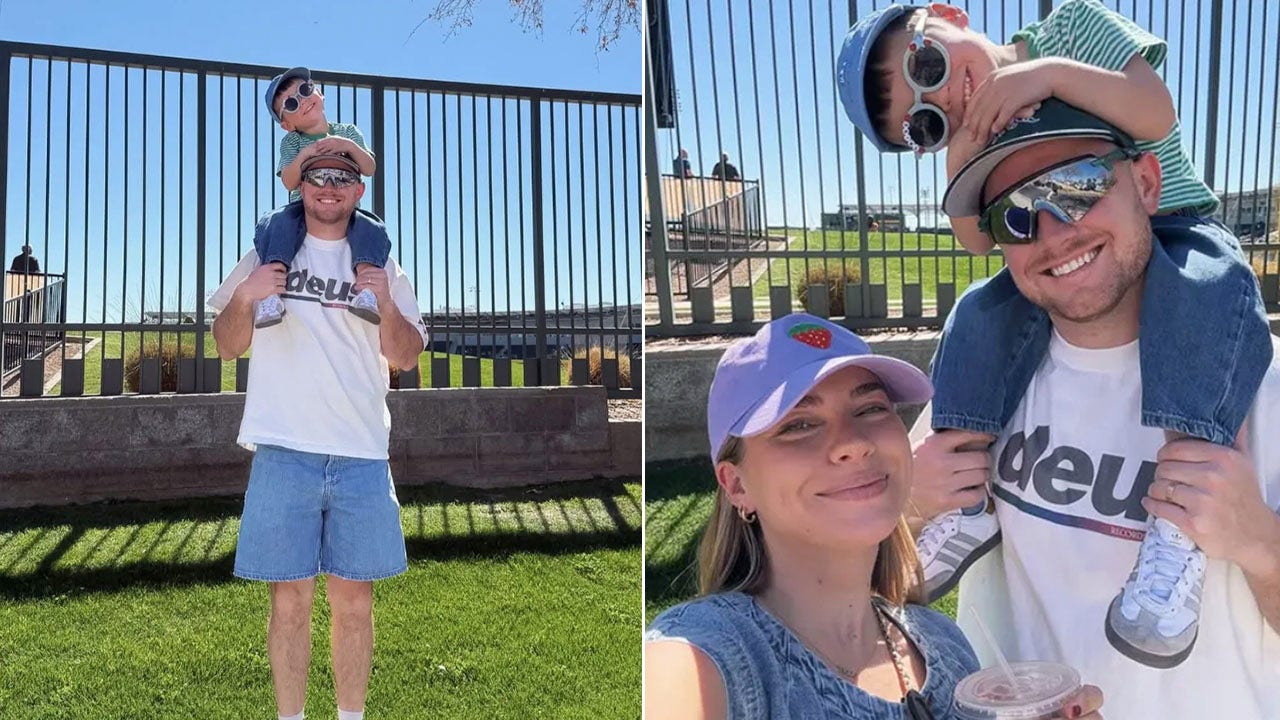Thousands of sailors get access to trendy weight-loss app in new deal

You may have seen the ads on Instagram or watched the video spots on YouTube. Noom, a paid weight-loss app that has earned plaudits for getting results in its users, is hot. And it’s now available for free to sailors who failed the service’s Body Composition Assessment standards last year.
As of Feb. 1, the Navy is offering the commercial version of Noom free for a year to these sailors in what the service calls its Fitness Enhancement Program. The Navy’s contract with Noom, which is considered a one-year pilot program, is worth $466,560, paid for by excess funds released by Congress last fiscal year for quality of service initiatives.
“The Navy is paying a discounted rate from commercial individual usage costs; and the service is available at no cost to eligible sailors,” Lt. Kathryn Cole, a Navy spokeswoman, told Military Times.
To register and receive the services, which include a personalized diet plan, weekly challenges, a virtual coaching team through the app, an AI-based food tracker that can calculate calories based on a photo of a meal, and even a 360-degree body scan completed with the user’s phone camera, sailors just need to send their first and last names and government ID number to a Noom-hosted registration link.
A subscription to these features on the app retails for $70 per month or $209 per year. Of note, the Navy’s Noom deal does not cover its newest and most heavily promoted offering, a subscription-based GLP-1 medication to be taken while using the app’s other tools.
“The pilot does not endorse — or cover the costs — of GLP-1 or other anti-obesity medications,” officials said in an info paper about the Noom partnership.
Neither the Navy nor Noom officials had releasable enrollment figures as of March, citing the newness of the program.
“We’re starting to see enrollments come in more and more each day,” Cody Fair, Noom’s chief commercial officer, said in an interview. The message notifying those eligible for the program, he said, had gone out to about 8,000 sailors — a figure the service also confirmed.
According to Navy data, nearly 25,000 sailors, most of them from the junior enlisted ranks, were in a weight management program as of the end of 2024.
The Navy’s Cultural and Force Resilience Office was tasked in March 2024 “to identify, pilot, and assess scaling opportunities to test additional resources to support sailor readiness,” Cole said in responses provided to Military Times.
Noom, she added, met a “strenuous list of capability requirements” that included psychologically based behavior change components, effectiveness shown through peer review, scalability and user data privacy.
Historically, the Navy has at times held the dubious distinction as the most overweight military service. A scientific study published last year found nearly 46% of sailors were overweight and 29% were obese following the COVID-19 pandemic. For comparison, in the same time period 55.8% of Marines were classified as overweight and 12.6% as obese.
While the Navy hasn’t administratively separated any sailors for failing body composition standards since 2017, pending the results of a new study on best assessment methods due later this year, leaders have recently made investments to boost sailor fitness, particularly at the entry level.
In 2023, the service kicked off the Future Sailor Preparatory Course, aimed at improving the fitness and body composition of prospective recruits to bring them within standards for enlistment.
Fair, the Noom executive, said the app and associated programming work because they target unhealthy brain pathways and seek to rewire them, rather than just focusing on promoting healthy actions.
“We start with the mind, and we use cognitive behavioral therapy and other evidence-based protocols to really uncover the root cause of the behavior, and that ultimately creates ‘aha’ moments for the sailors that reshape their habits for good,” he said.
Noom, Fair said, sees particularly strong user engagement, with 50% of all monthly active users logging in on a daily basis. That consistency, which he associated with the “aha moment” of cracking the code on unhelpful behaviors and how to change them, is important to the effectiveness of the program.
The Navy, Cole said, will be tracking the effectiveness of the pilot, which runs through Jan. 31, 2026, based on sailor participation, participant feedback and cost effectiveness.
“Objective data will also be used to determine if the pilot program was successful in increasing the amount of sailors who are within [body composition assessment] standards compared to previous years,” she said.
Fair said Noom will also be tracking how many sailors opt in to the program and how they use it. While the Navy is the company’s first military partnership, he said another service branch reached out to the company in March to discuss a similar deal.
“We’re just starting a conversation there, but certainly … we hope to show success with the Navy and have the ability to branch out to other services within the military,” he said.







